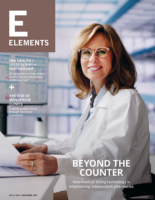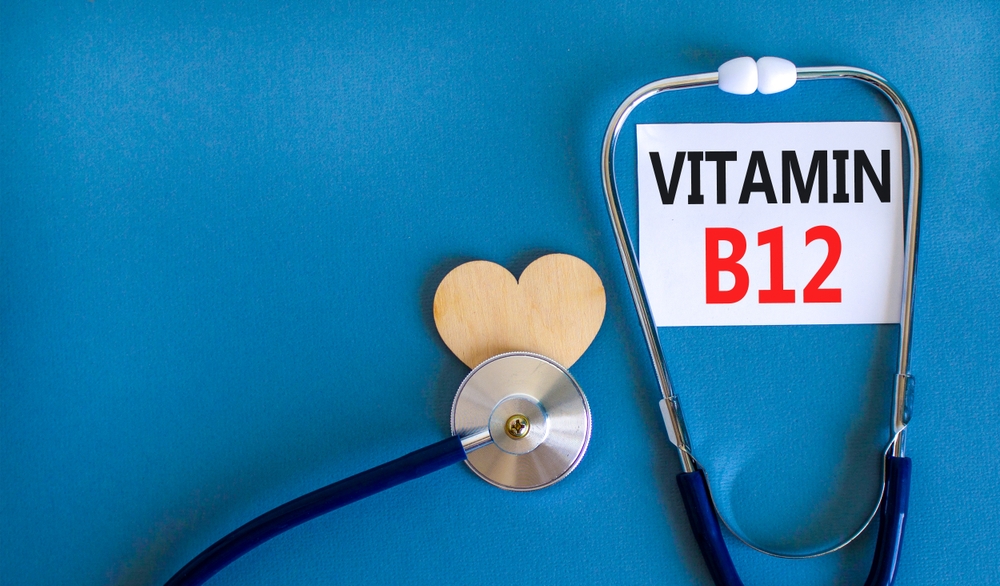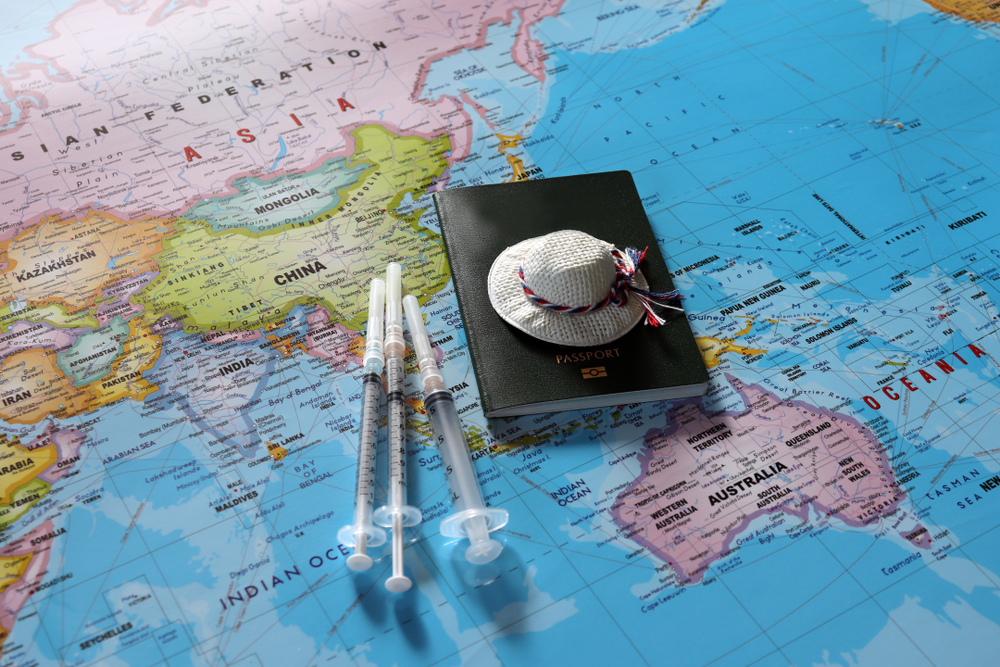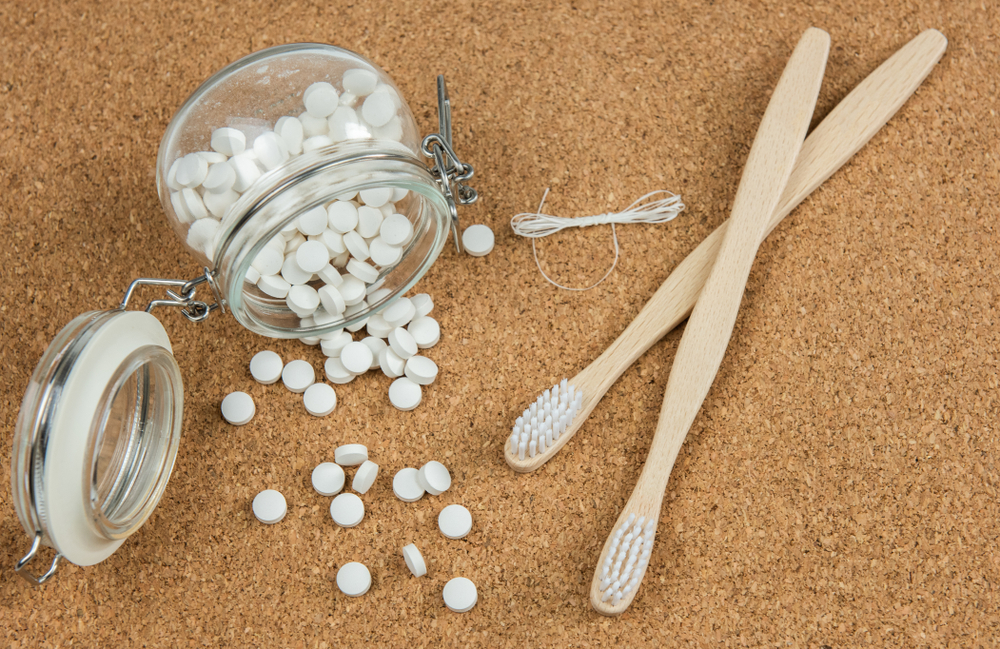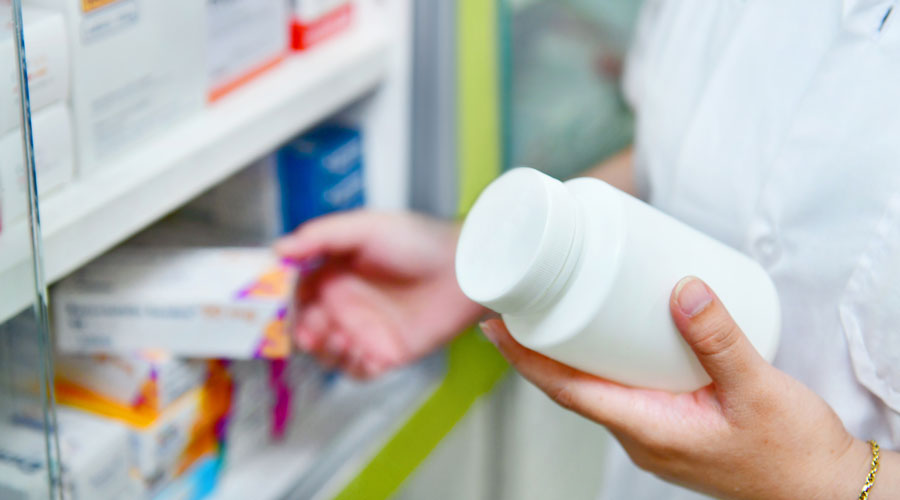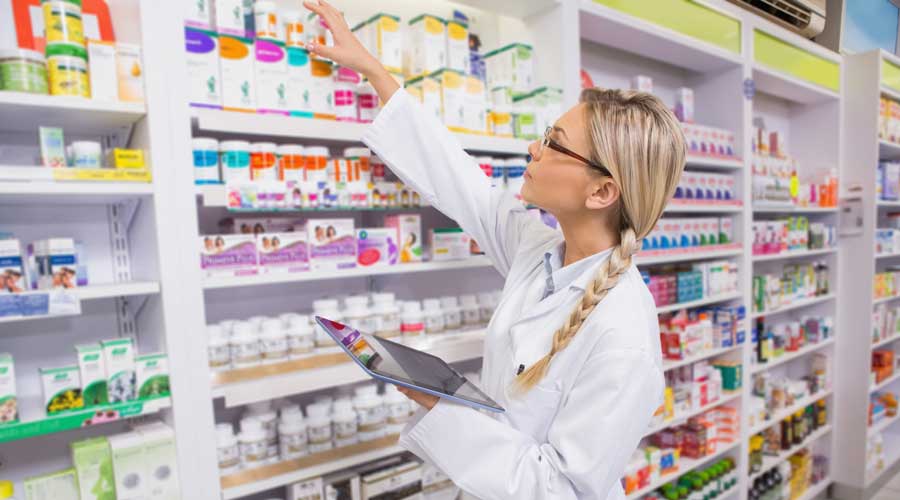Whether you’re in the market to purchase your own independent pharmacy, or if you just need financing for upgrades or a remodel to your current store, finding the right pharmacy business loan can seem daunting. The good news is there are loans out there for small businesses just like yours through the Small Business Administration (SBA).
Pharmacies have the potential to be quite profitable when compared to other businesses in the healthcare industry. But they’re also much more expensive to start. It’s been estimated that it’ll take $300,000 in working capital to acquire or start your own independent pharmacy. If you’re already a pharmacy owner, you may just need additional financing to expand or purchase supplies, remodel your store, or invest in new opportunities. But where do you start?
Conventional banks provide pharmacy business loans. However, their eligibility criteria can often be hard to match if you’re just starting out. Your best bet is to look into pharmacy business loans backed by the Small Business Administration (SBA). Most independent pharmacies require this type of loan rather than a conventional loan. SBA loans work better for both the pharmacy and the lender. They offer a guarantee on part of the loan for the lender. For pharmacies, SBA loans require significantly less for a down payment, usually 10 percent instead of 25 percent.
To be eligible for an SBA loan you must:
- Be small as defined by the SBA
- Operate for profit
- Be engaged in or propose to do business in the United States or its possessions
- Have reasonable invested equity
- Demonstrate a need for the loan proceeds
- Be able to use the funds for a sound business purpose
- Not be delinquent on any existing debt obligations to the U.S. government
Additionally, as the borrower, you cannot find alternative financial resources, including personal assets, before seeking financial assistance.
There are several SBA pharmacy loans you can consider. Remember, though, that considerable capital is required to both start a new pharmacy or to acquire a running independent pharmacy.
SBA 7(a) loans
If you’re wanting to acquire an existing business or start up a new pharmacy, this type of loan is a great option to consider. The highest loan amounts are offered under this program. This makes it possible for you to venture into the pharmacy business with adequate funds.
You can borrow a total of five million dollars through an SBA 7(a) loan program. The funds can be used to purchase inventory and merchandise for your store, and you can use it to help meet your working capital requirements. You can also use the funds to acquire an existing business, buy out a partner, or to obtain real estate to build a new pharmacy.
What you may not know it that you can even refinance your current business debt with pharmacy loans. With the SBA, there’s a cap on interest rates, so you won’t have to pay more than 2.75 percent over the base prime rate.
SBA Express loans
An extension of the SBA’s 7(a), SBA Express loans are especially for business owners who want quick approval of their applications. The maximum loan amount is $500,000. This can be plenty to open an independent pharmacy in most U.S. cities.
You can use the funds to meet working capital needs and to buy needed merchandise and equipment.
Repayment terms can be spread out up to 10 years, and interest rates can be combined with the prime rate with an up to six percent spread.
Now that you know what they are, how do you obtain an SBA loan? First of all, you’ll need to pay a guarantee fee, which depends on the loan amount and closing costs from the lender. These are typically rolled into the loan. You’ll then fill out an application and hand over the much-coveted documents to your lender.
Crucial Documents
Lenders will delve into your financial records and other business documents before they agree to lend to you. Be sure these documents are in good order before heading to the bank:
- Last three years’ tax returns on the business
- Most recent income statement and balance sheet on the business
- Last three years’ personal tax returns
- Personal financial statement
- Credit report (ordered by the bank once application is received)
Where to get your loan
Rates aren’t the only factor to consider when choosing a lender. The most important thing is to choose a lender or bank you’re comfortable dealing with. Be sure they specialize in independent pharmacy. You want them to understand your business and be a partner for you down the road as you grow and have additional needs.
If you’re pursuing an SBA loan, a preferred SBA lender will expedite the loan process. Preferred lender status allows banks to issue their own approvals instead of having to wait for SBA approval.
SBA loans are a great fit for independent pharmacies like yours. The key is to choose a bank with expertise in the industry. Make sure they’re a Preferred Lender Program (PLP) lender who will provide you with the personal service you need.
What a Lender Looks for in a Borrower:
- If you can you run the business
- A credit score around 700
- Whether the deal will generate a positive cash flow after the loan payment is deducted
- If you have at least $50,000 to bring to the table
- A conventional lender looks for collateral, but it’s not as important to an SBA lender
- If historical cash flows support the business, debt, and pay you a reasonable salary
The strongest factor the bank will consider will be the cash flow of the business. If you have a good credit history and the business shows enough cash flow to make loan payments and pay you a reasonable salary, you will most likely qualify for a loan.
Lender Lingo to Know
Don’t get lost in the jargon. Here are the most important terms to know.
Tangible collateral
These assets are physical and measurable, such as cash, accounts receivable, inventory, property, and equipment.
Intangible collateral
These assets aren’t physical or quantifiable. They include the pharmacy’s brand name, customer base (or goodwill), and any patents or proprietary technology.
EBITDA
This formula calculates net income after all interest, taxes, depreciation, and amortization have been accounted for. This formula is the most wisely used method when determining the value of a pharmacy and the cash flow ability of the business.
Working capital
Working capital is essential for independent pharmacies. Working capital refers to cash on hand to manage day-to-day operations and inventory purchases.
From the Magazine
This article was published in our quarterly print magazine, which covers relevant topics in greater depth featuring leading experts in the industry. Subscribe to receive the quarterly print issue in your mailbox. All registered independent pharmacies in the U.S. are eligible to receive a free subscription.
More articles from the March 2023 issue:
- The Best Software Systems
- New Obesity Drug
- Unexpected Partnerships
- Adding a LabelPrivate
- Get Ready for the DSCSA
- Allergy OTC Season
- Business Loans for Your Pharmacy
- Pharmacy Shortages
A Member-Owned Company Serving Independent Pharmacies
PBA Health is dedicated to helping independent pharmacies reach their full potential on the buy-side of their business. Founded and run by pharmacists, PBA Health serves independent pharmacies with group purchasing services, wholesaler contract negotiations, proprietary purchasing tools, and more.
An HDA member, PBA Health operates its own NABP-accredited warehouse with more than 6,000 SKUs, including brands, generics, narcotics CII-CV, cold-storage products, and over-the-counter (OTC) products — offering the lowest prices in the secondary market.





